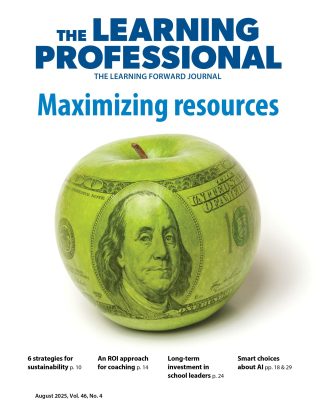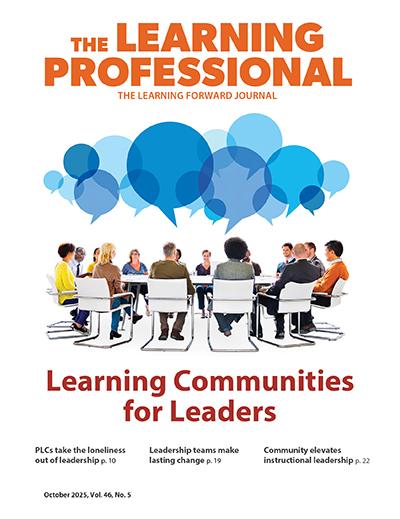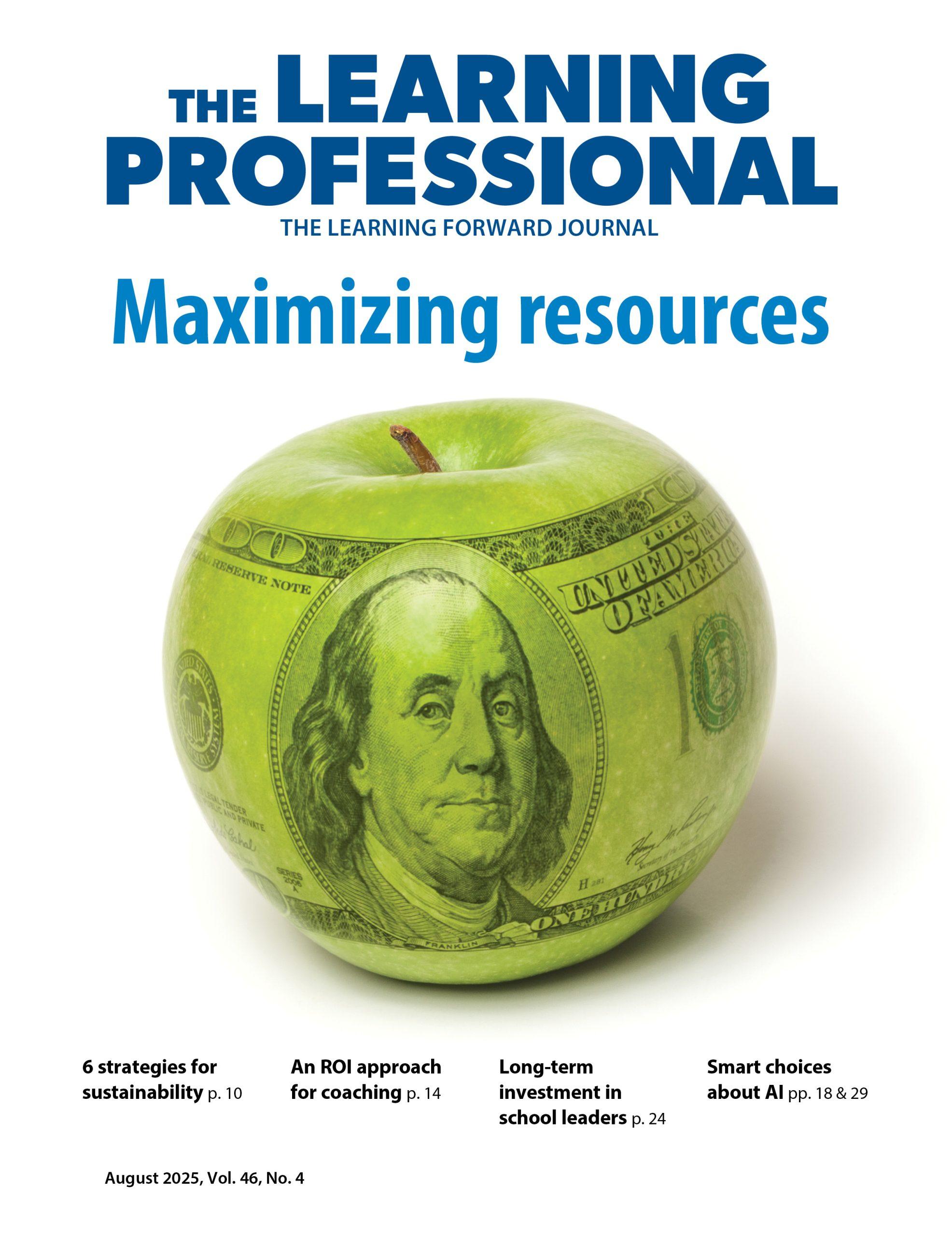GROWTH AND CHANGE
Are you modeling the collaboration skills new teachers need?
By Jennifer Abrams
Categories: Career pathways, Collaboration, Continuous improvement, Fundamentals, Learning communities, Mentoring & inductionAugust 2022
Read the remaining content with membership access. Join or log in below to continue.
Sed ut perspiciatis unde omnis iste natus error sit voluptatem accusantium doloremque laudantium, totam rem aperiam, eaque ipsa quae ab illo inventore veritatis et quasi architecto beatae vitae dicta sunt explicabo. Nemo enim ipsam voluptatem quia voluptas sit aspernatur aut odit aut fugit, sed quia consequuntur magni dolores eos qui ratione voluptatem sequi nesciunt. Neque porro quisquam est, qui dolorem ipsum quia dolor sit amet, consectetur, adipisci velit, sed quia non numquam eius modi tempora incidunt ut labore et dolore magnam aliquam quaerat voluptatem.

Jennifer Abrams (www.jenniferabrams.com @jenniferabrams) is a communications consultant and author. Among her many publications are Having Hard Conversations and Stretching Your Learning Edges: Growing (Up) at Work (Miravia, 2021)
Categories: Career pathways, Collaboration, Continuous improvement, Fundamentals, Learning communities, Mentoring & induction
Recent Issues
MAXIMIZING RESOURCES
August 2025
This issue offers advice about making the most of professional learning...
MEASURING LEARNING
June 2025
To know if your professional learning is successful, measure educators’...
NAVIGATING NEW ROLES
April 2025
Whether you’re new to your role or supporting others who are new,...
LEARNING DESIGNS
February 2025
How we learn influences what we learn. This issue shares essential...











